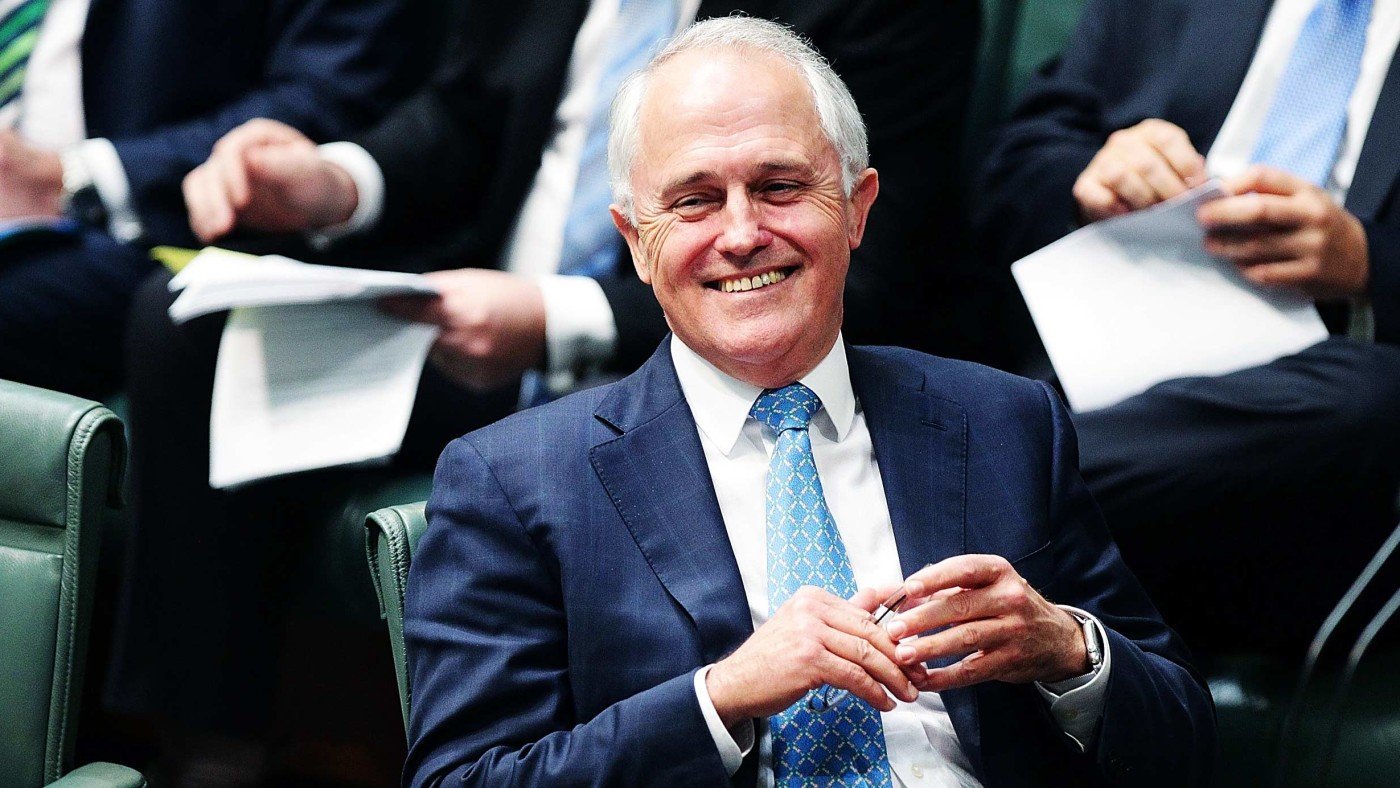In his first speech as Australian Prime Minister, Malcolm Turnbull proclaimed his intention to lead “a thoroughly liberal government, committed to freedom, the individual, and the market.”
Six and a half months later, and Turnbull is finally beginning to live up to his promise.
Nothing highlights this more than the tax reform proposal put forward this week.
The proposal would allow states to take control of a fixed percentage of federal income tax, which could be used to fund the services they provide. States could then, in the future, vary the rate of income tax collected.
This may sound like a mild proposal, but the absence of state fiscal autonomy has been gradually eroding Australian federalism over the last hundred years. This tax reform would go a long way to restoring that autonomy.
At the time of federation, in 1901, the various state governments collected 87 per cent of all government revenue. This allowed for significant competition, with the federal government only taking responsibility for a few specified areas. More than 100 years later, and state governments now collect less than 20 per cent of all government revenue, although they still deliver the majority of government services.
Australia’s federal government grew slowly for the first half of the 20th Century. However, this all began to change during World War II, when the Curtin Labor government took control of the income tax.
In two cases known as the Uniform Tax cases, the High Court of Australia made it virtually impossible for states to raise their own income tax without significantly disadvantaging their own economies. Australia’s states have been dependent on federal government grants ever since.
Today, around 45 per cent of the funding for state budgets comes directly from Canberra. This has lead to the so-called “blame game,” as underperforming states avoid responsibility for their own policy failures by blaming them on inadequate funding from Canberra.
The federal government has in turn responded by gradually taking over traditional state responsibilities, usually under the guise of ensuring “national standards.”
The latest such takeover occurred with the introduction of the National Curriculum.
Originally proposed by former Howard government education minister—and now Deputy Leader of the Liberal Party—Julie Bishop, the National Curriculum was eventually enacted by the Rudd/Gillard Labor government.
Aside from its significant issues of bias, the National Curriculum has imposed one-size-fits-all curriculum, trampling on the ability of states (and individual schools) to experiment, innovate, and compete.
Turnbull’s reform is no panacea, but it would begin to return fiscal autonomy to the states—forcing them to take responsibility for their economies, and subjecting them to competitive pressure.
A similar, albeit a more radical version of competing tax jurisdictions exists in Switzerland, where a federal income tax ranging from 0.77 per cent to 11.5 per cent, is supplemented by income taxes levied by the 26 Swiss Cantons. These Cantonal income taxes range from a flat rate of 1.8 per cent in the Canton of Obwalden, to a top rate of about 18 per cent in Geneva.
This is a large part of Switzerland’s success.
Unfortunately, Turnbull’s proposal requires unanimous agreement from all state governments. Already two state Premiers—South Australia’s Jay Weatherill and Tasmania’s Will Hodgeman—have come out against it.
This highlights the gravity of the problem. For years these states have received far more revenue in federal grants than their tax bases have contributed. They have failed to pass necessary economic reforms. Tasmania in particular has shut down local industries and locked up valuable natural resources so that their residents can enjoy day trips to national parks.
This may be great for those able to enjoy the Tasmanian wilderness, but the rest of Australia shouldn’t be forced to pay for these costly economic decisions.
Thankfully, not all state Premiers are so resistant. Western Australia’s Premier, Colin Barnett, is strongly in favour of the proposal, which is hardly a surprise, since the federal grants his state receives are only a fraction of the revenue it contributes in taxes—it receives a mere 30 cents for every dollar of Goods and Services Tax it pays (for the 2015/16 financial year).
Despite these obstacles, Turnbull was right to propose the idea. The current situation has resulted in the continual takeover of state responsibilities, and the gradual erosion of Australian federalism. The subsequent reduction in competition and policy innovation, has harmed all Australians. Turnbull understands that only by restoring fiscal autonomy to the states can they begin to reverse this trend. It is this sort of tough, but necessary, reform that distinguishes good governments from feeble ones.


